Understanding Confusion in Africa: The Politics of Multiculturalism and Nation-Building in Cameroon
Cameroon is often considered to be Africais legendary pathfinder. This book argues essentially that Cameroon cannot competently champion African unity and progress until it can correctly pursue its own multicultural nation-building. Cameroon's success continental-wise would depend on its theory and practice of multiculturalism, as particularly reflected in (1) the rejoicing in its historical diversity and the harmonious co-existence of its Systems of Education which must, of necessity, be linked to (2) effective federalization or decentralization of uniquely cultural matters. Critically examining history and education as components of culture, and therefore, of multiculturalism, the book makes some bold recommendations while demonstrating how nation-building is meaningless without the peopleis authentic history. It argues that Cameroon national culture cannot be a national culture without embodying the distinct culture of the English-speaking minority. Anything else is nothing but deliberate confusion of assimilation for multiculturalism, a confusion that is heavily tied to the countryis phoney independence. Hinging on education (and its associates of bilingualism and bijuralism), the book demonstrates that Cameroonis over-sung cultural dualism is a charade, epitomized by the 1998 Education Law. Rather than reaffirm Cameroonis biculturalism as it superficially avows, Cameroonis purported cultural dualism is really out to efface any semblance of cultural or educational dualism that may still be resisting assimilation. The continuous and persistent employment of terms such as biculturalism, bilingualism and bijuralism in legal texts in Cameroon is only to confuse the international community, especially from seeing exactly the kind of eethnic cleansingi which is taking place in the country.
{{comment.content}}
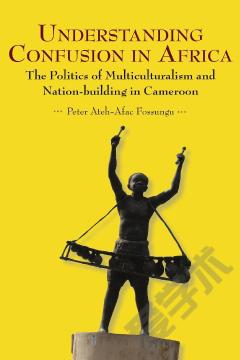

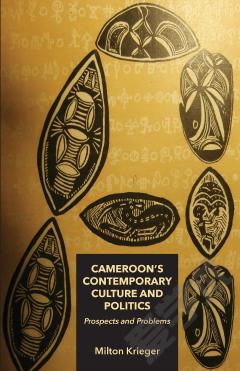
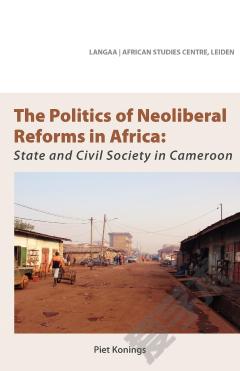
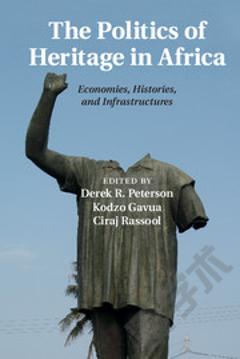

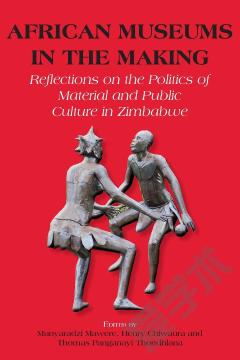

 京公网安备 11010802027623号
京公网安备 11010802027623号